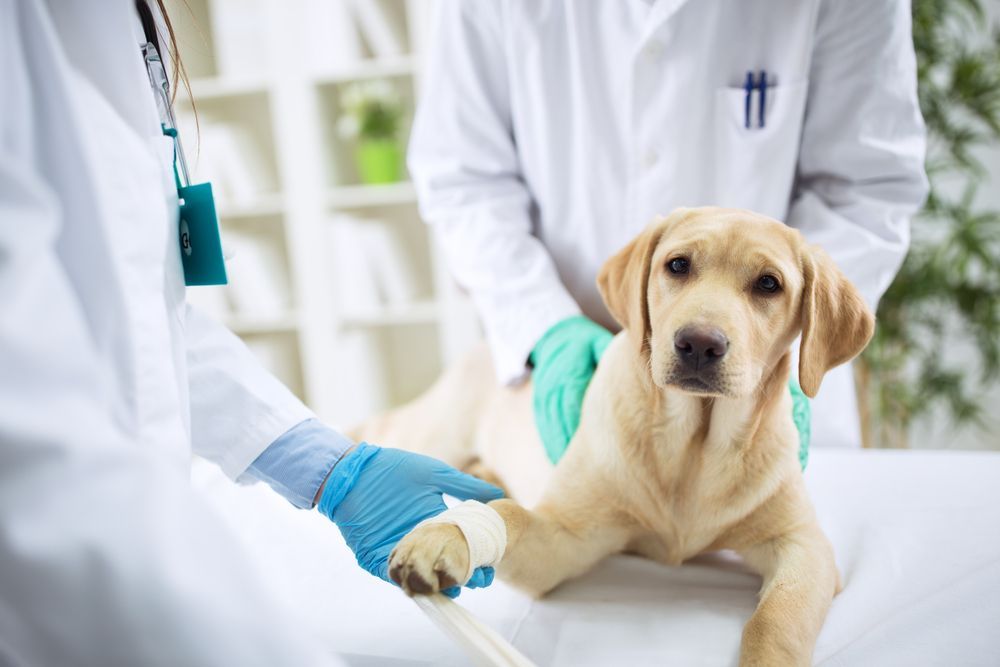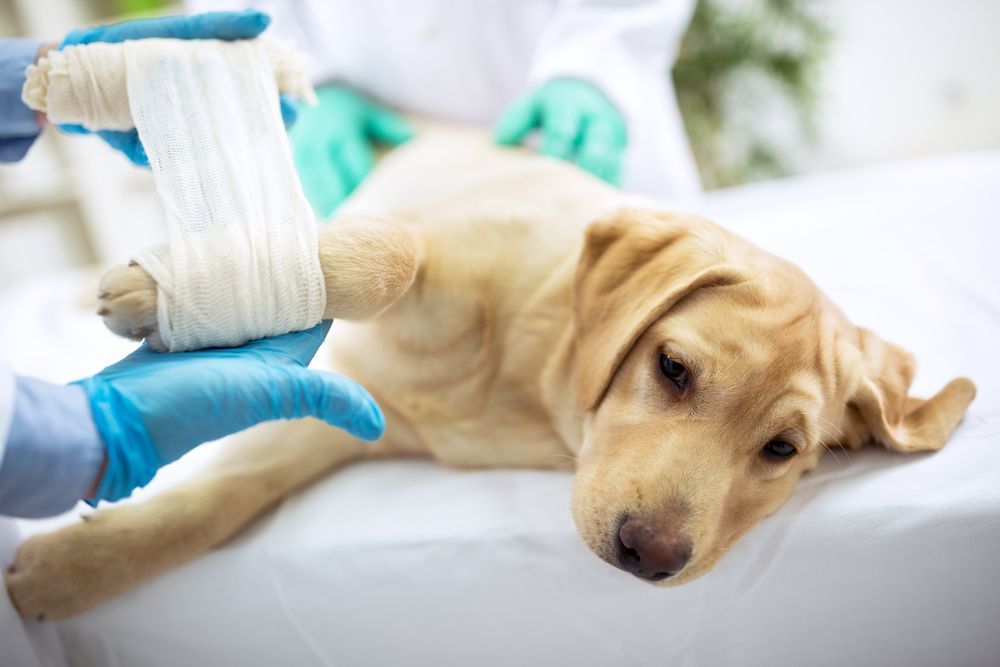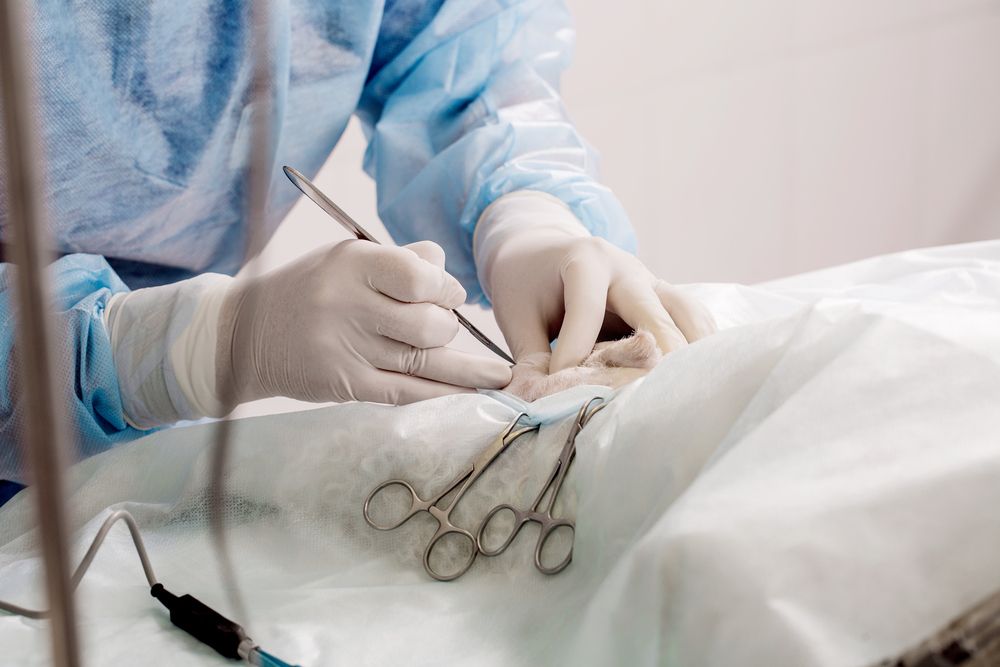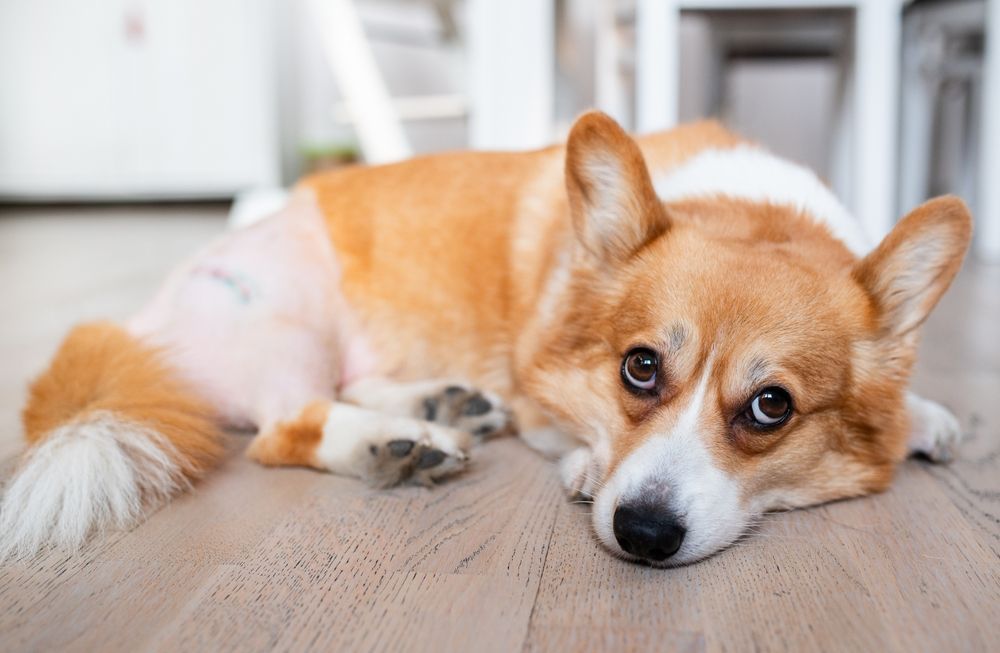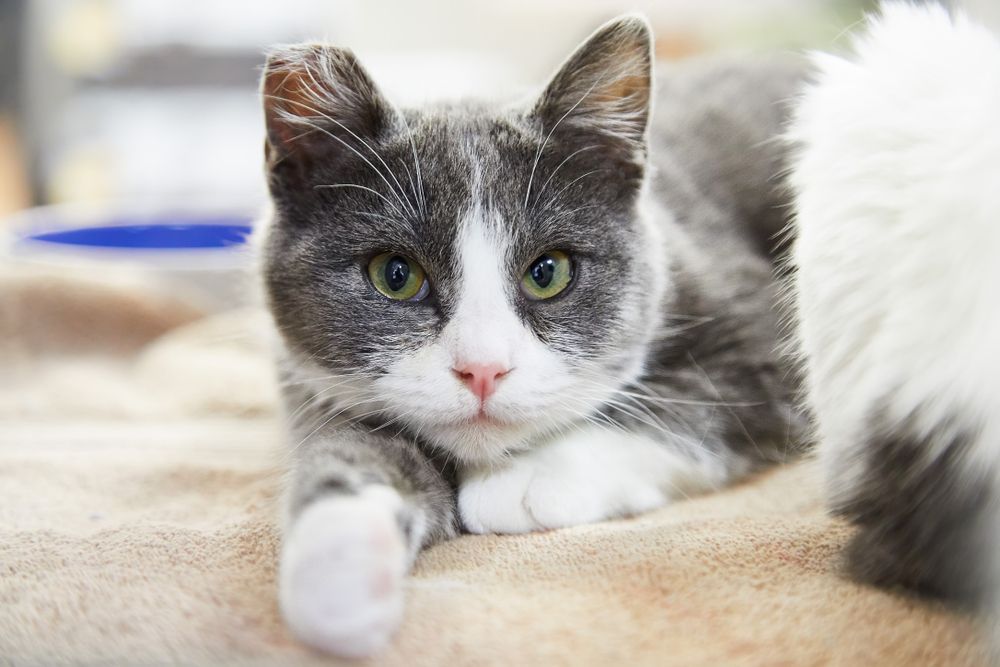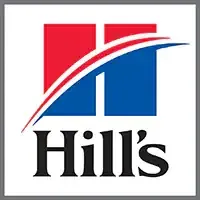routine & complex Pet Surgery on the mid north coast
treating health issues
Pet surgery is offered at Diamond Beach Veterinary Clinic on the Mid North Coast, supporting the health and wellbeing of pets in Diamond Beach and nearby areas. Our clinic provides a variety of surgical options, from routine procedures like desexing to more complex surgeries, addressing a wide range of health needs for pets.
Surgical care can help treat current health issues, improve quality of life and reduce the risk of future complications. Our team offers pre- and post-operative support, aiming to ensure that pets are as comfortable as possible throughout their surgical experience. From initial consultations to discussing recovery steps, our staff are here to guide pet owners through each stage of the process.
In addition to surgery, our clinic offers a comprehensive range of services, including preventative care, pathology and radiology, allowing us to provide well-rounded care. Our flexible appointment times and readiness for emergencies can provide added convenience for pet owners.
To discuss pet surgery options or book a consultation, please contact Diamond Beach Veterinary Clinic on (02) 6559 2277. Our team is committed to supporting your pet’s health and comfort with dedicated, professional surgical care.
our Orthopaedic services
Orthopaedics in veterinary care focuses on diagnosing and treating issues related to a pet’s bones, joints and muscles.
Conditions like fractures, arthritis and joint dysplasia can impact mobility and comfort. Orthopaedic care, including surgical and non-surgical options, supports pain relief and improved movement, enhancing pets’ quality of life.
Our sister clinic, Gloucester District Vets, offers this service as well.
Soft tissue care
Soft tissue veterinary care addresses injuries and conditions affecting a pet’s muscles, skin and internal organs. Common soft tissue procedures include wound repair, tumour removal and abdominal surgeries.
By treating soft tissue issues promptly, veterinarians help improve healing, reduce discomfort and support the overall health and recovery of pets.
offering assistive Caesareans
Caesarean sections in veterinary care are performed to assist pets during difficult births, helping to ensure safe delivery for both mother and offspring. This procedure is often necessary in cases of obstructed labour or for breeds prone to birthing complications.
Veterinary caesareans support maternal health, providing care for successful outcomes in challenging deliveries.
Lump removal procedures
Lump removal is a veterinary procedure used to evaluate and treat growths on pets, whether benign or potentially harmful.
Early removal and assessment of lumps help prevent complications, especially if the growth affects mobility or comfort. Regular veterinary checks can detect changes, supporting pets’ long-term health and wellbeing.
Wound stitching service
Wound stitching is a veterinary procedure that promotes healing by carefully closing cuts or lacerations.
Proper stitching helps protect the wound from infection, reduces scarring and encourages faster recovery. Veterinary care can ensure wounds are cleaned, stitched and monitored, providing pets with the support needed for effective healing.
Ophthalmic care service
Ophthalmic care in veterinary medicine focuses on diagnosing and treating eye conditions in pets, such as infections, cataracts and injuries.
Proper eye care supports vision health, alleviates discomfort and addresses issues that could lead to further complications. Regular check-ups help detect eye concerns early, promoting long-term ocular health.
Overnight care with camera monitoring
Overnight care with camera monitoring provides pets with a closely observed environment during recovery or extended treatment.
Continuous monitoring can allow veterinary staff to check pets’ comfort and spot any changes in condition promptly. This setup may offer pet owners peace of mind, knowing their pets receive attentive, round-the-clock care.
Frequently Asked Questions
-
What types of surgeries might my pet need?
Pets may need surgery for various reasons, such as spaying or neutering, removing growths or addressing injuries. Surgery can help treat health issues, improve comfort and enhance quality of life.
-
How should I prepare my pet for surgery?
Your veterinarian will provide specific instructions, but typical preparation includes fasting before surgery and arranging a calm, comfortable space at home for recovery. Following these guidelines helps support a smoother procedure and recovery.
-
What can I expect after my pet's surgery?
After surgery, pets may feel drowsy and need rest. Your veterinarian may provide post-operative care instructions, including tips for managing any discomfort, monitoring the incision and helping to provide a safe recovery at home.
-
Is pet surgery safe?
Veterinary teams can follow strict protocols to support pet safety during surgery. Pre-surgical assessments and close monitoring throughout the procedure can help ensure a secure and controlled environment for your pet.
Partners
Site links
About us
Services
House calls
pet care
animals
Trading Hours
- Monday
- -
- Tuesday
- -
- Wednesday
- -
- Thursday
- -
- Friday
- -
- Saturday
- Closed
- Sunday
- Closed
Weekends and Public Holidays
Emergencies only
Contacts
T. 02 6559 2277
ABN: 22 676 660 138
Qualified Vets
Accredited Nurse
RVN
AVN
CIV VN
TAE
Australian Veterinary Association
Veterinary Nurses Council of Australia
2023 Localsearch Certificate of Trust

